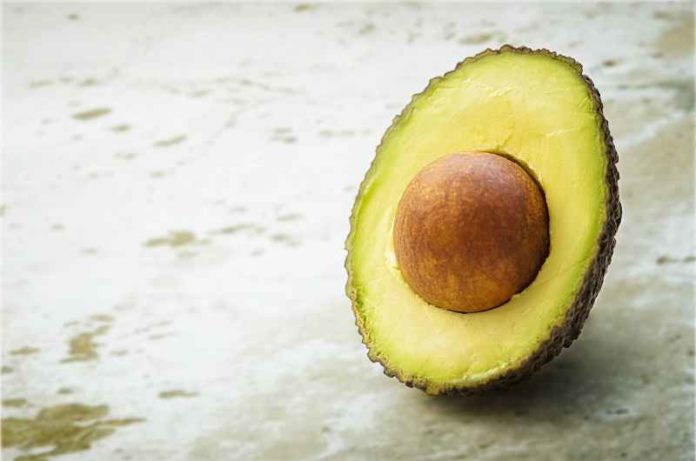Myth: Diets high in polyunsaturated fats can lower diabetes risk
Truth: This is false.
Polyunsaturated fats (PUFAs) are commonly believed to be a ‘good’ type of fat; they are found in foods like avocados, peanut butter, sunflower seeds, and fish oils. Since PUFAs are seen as healthy fats, in comparison to trans and saturated fats, there is a perception that diets high in PUFAs are healthy, and will help to prevent diseases. Even more, a number of studies have shown that PUFAs can help prevent cardiovascular diseases.
A study published in the British Medical Journal has shown that, although PUFAs may be able to lower the risk of cardiovascular disease, a diet high in PUFAs may actually increase the risk of diabetes. The results of the study showed that there was a link between total PUFA consumption and the relative risk of developing diabetes. The authors suggest that a diet high in PUFAs is not beneficial, especially in those with a high risk of diabetes, although there is evidence that PUFAs could lower cardiovascular disease risk.
Reference
- Forouhi NG, Krauss RM, Taubes G, Willett W. Dietary fat and cardiometabolic health: Evidence, controversies, and consensus for guidance. BMJ. Published online 2018. doi:10.1136/bmj.k2139



